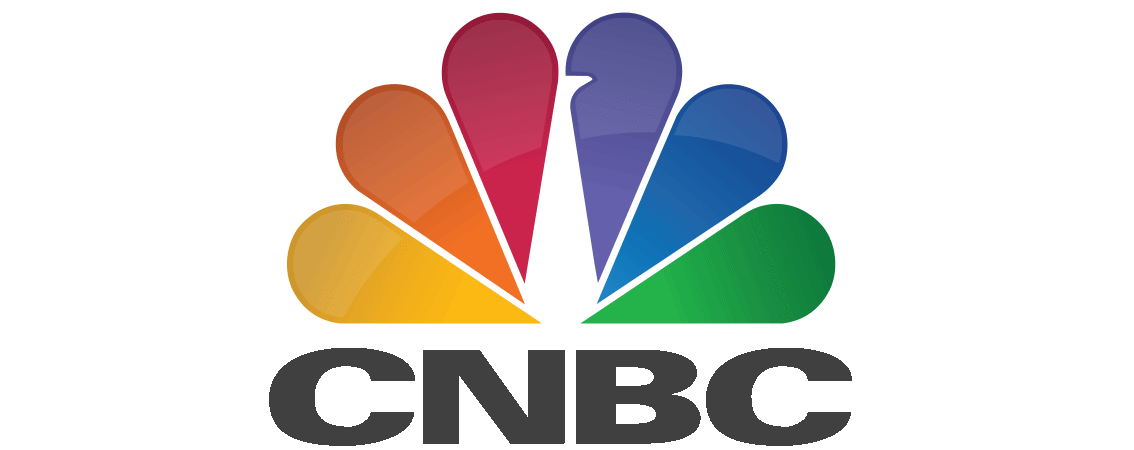The prospect of a post-Brexit trade deal between the U.S. and U.K. could ultimately depend on the outcome of a controversial debate about whether it is acceptable to wash chicken in chlorine.
In setting out its “negotiating objectives” earlier this year, the U.S. suggested Britain should not expect to enjoy softer treatment than any other ally when it comes to chlorinated chicken exported from America.
The U.K. government has repeatedly denied it would accept lower food standards post-Brexit, but senior lawmakers in the ruling Conservative Party appear to be split on the issue.
International Trade Secretary Liam Fox has hinted the U.K. could accept chlorine-washed chicken in a post-Brexit trade deal, while Environment Secretary Michael Gove — one of the leading candidates to become prime minister — has insisted it would be a “red line” in future trade talks with Washington.
So, what is chlorinated chicken? Is it safe to eat? And why does it matter to a potential U.S.-U.K. trade deal? CNBC takes a look at all you need to know.
Chlorinated chicken, or chlorine-washed chicken, refers to poultry that has been treated with antimicrobial rinses in order to remove harmful bacteria.
These rinses — often referred to as Pathogen Reduction Treatments (PRTs) in the industry — are designed to kill potentially harmful organisms such as E. coli, salmonella and campylobacter on the surface of the chicken.
Washing chicken in chlorine has been banned in the European Union (EU) since 1997 amid food safety concerns. The ban has effectively prevented all imports of U.S. chicken meat generally treated by this process.
Instead, the EU insists meat must not be washed with any substance other than water unless it has explicitly been approved by the European Commission.
Advocates of the EU’s so-called “farm to fork” or “plough to plate” approach argue that it leads to higher standards of hygiene and animal welfare. That’s because farmers must take care at every stage of the process rather than relying on a chemical bath to destroy harmful bacteria after chickens are slaughtered.
“We’ve got concerns that if you focus on the end process, you’re more likely to be lax when it comes to observing any risks prior to that,” Gail Soutar, chief EU exit and international trade adviser of Britain’s National Farmers Union (NFU), told CNBC in a telephone interview.
[To view the original article, click here]

